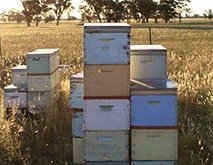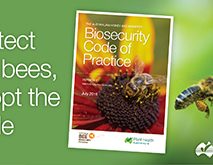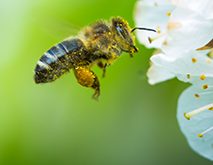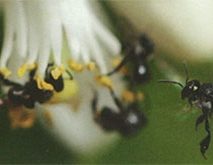11/10/2018 – 11:41 am
Honeybees are excellent pollinators of many crops, but the burden placed on their health by pests and diseases is heavy. Added to that, the looming threat of a varroa mite incursion makes our reliance on honeybees for pollination decidedly risky. In this context, the Hawkesbury Institute for the Environment at Western Sydney University is heading […]
Read more





